A Letter from Dr. Africa Stewart
Dear Friends,
Outside every Doctors Without Borders/Médecins Sans Frontières (MSF) hospital around the world you’ll find a similar symbol: a weapon, usually a gun, encircled and crossed out with a red line like a “no smoking” sign. This symbol is a wordless message with an obvious meaning, no matter what language you speak: If you’re going to come into this hospital, you leave your weapons at the door—no exceptions.
_0_0.jpg?itok=_PBX9NXn)
But there’s a second, deeper meaning too. That symbol means that when you pass through the doors of an MSF hospital, you’re not just entering a place free of violence—you’re entering a safe space of care, empathy, and healing.
I’m lucky to have been raised in such a space. Growing up in and around the ethnically diverse neighborhoods of Pittsburgh, Pennsylvania, I always knew that there was a community looking out for me and helping me grow. From Braddock to Squirrel Hill, my friends and I would meet up to try out different versions of ourselves, and we all knew without being asked that all those different versions belonged and were safe.
I’ve carried that feeling with me in life, and now, as president of MSF-USA, I’m striving to be the kind of leader that can help create a community where everyone feels safe, from patients entering our hospitals to the teams working there to the staff supporting their efforts from headquarters offices. This should be how MSF works—by building and fostering inclusive communities where the voices of colleagues and patients alike are heard, included, and valued.
In this issue of Alert, you’ll learn about some of the ways we’re working to build safe, inclusive spaces in our projects and offices, collaborate with the communities we serve, and live up to our principles of diversity, equity, and inclusion.
In our long-running “How MSF Works” magazine series, we normally aim to answer relatively straightforward questions about how we bring medical humanitarian care to the places where it’s needed most. Previous issues have tackled logistics, recruitment, research, and packing for an assignment overseas. In this installment, we’re trying something a little different.
We’ll catch you up on our work in Ukraine, where MSF teams are on the ground striving to meet the most urgent humanitarian needs. From supporting medical evacuations by train to instructing Ukrainian hospital staff on war surgery and mass casualty events, you’ll learn how we’re working with communities to shore up a health system unaccustomed to war.
You’ll also read about how we’re working with communities and authorities to keep our projects in Afghanistan running, even as many other organizations have been forced to pull up stakes; and how we’re fighting for equitable access to lifesaving COVID-19 vaccines and treatments. And you’ll meet Ally Westfield James, MSF-USA’s first-ever director of strategy for diversity, equity, and inclusion.
People who have worked at MSF hospitals know that truly creating a safe space takes much more than hanging up that “no weapons” sign at the front door. It means doing the hard work of building community, both with patients and their families and between staff who hail from all over the world. It means doing a lot of listening, a lot of reflection, and a lot of self-criticism. And it requires the sometimes difficult acknowledgment that the work of diversity, equity, and inclusion is never truly done. With your generous support, we’ll keep doing that essential work wherever it’s needed, bearing witness and standing in solidarity with our patients and their communities. Thanks, as always, for being a part of our movement.
Sincerely,
Dr. Africa Stewart
President, MSF-USA Board of Directors
April 12 05:25 PM
War in Ukraine: How MSF is working to meet the most urgent needs
Emergency medical supplies, medical train evacuations, mass casualty training, and more.
Read More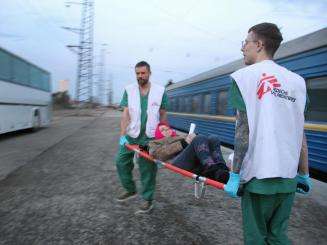
April 12 11:22 AM
Navigating conflict and crisis in Afghanistan
How independence and impartiality keep MSF projects running under even the most challenging circumstances.
Read More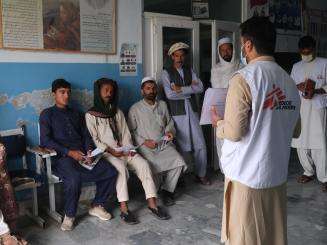
April 12 04:15 PM
Between Worlds
How cultural mediation is vital to our search and rescue efforts.
Read More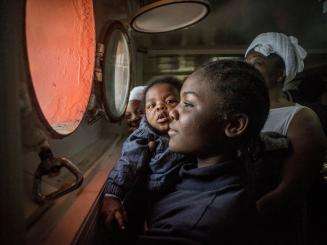
April 12 01:28 PM
"Swimming Upstream Together"
How MSF upholds diversity, equity, and inclusion.
Read More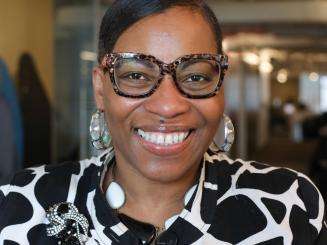
April 12 04:14 PM
When a fuel crisis struck Haiti, MSF turned to solar power to keep a hospital running
Read More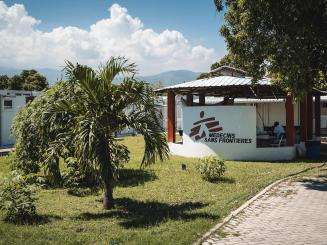
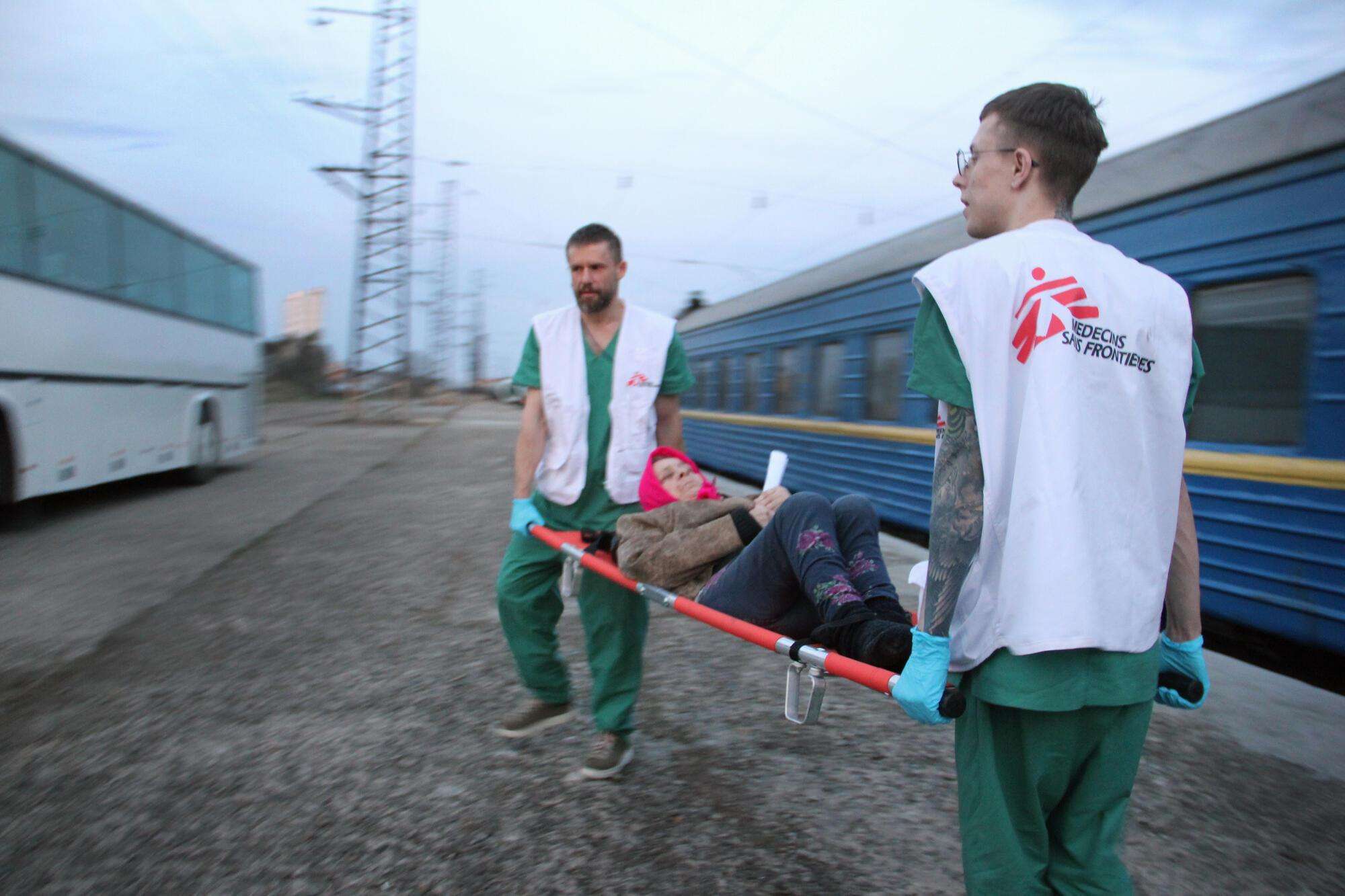
 (2).jpg?itok=A46WBQrj)
